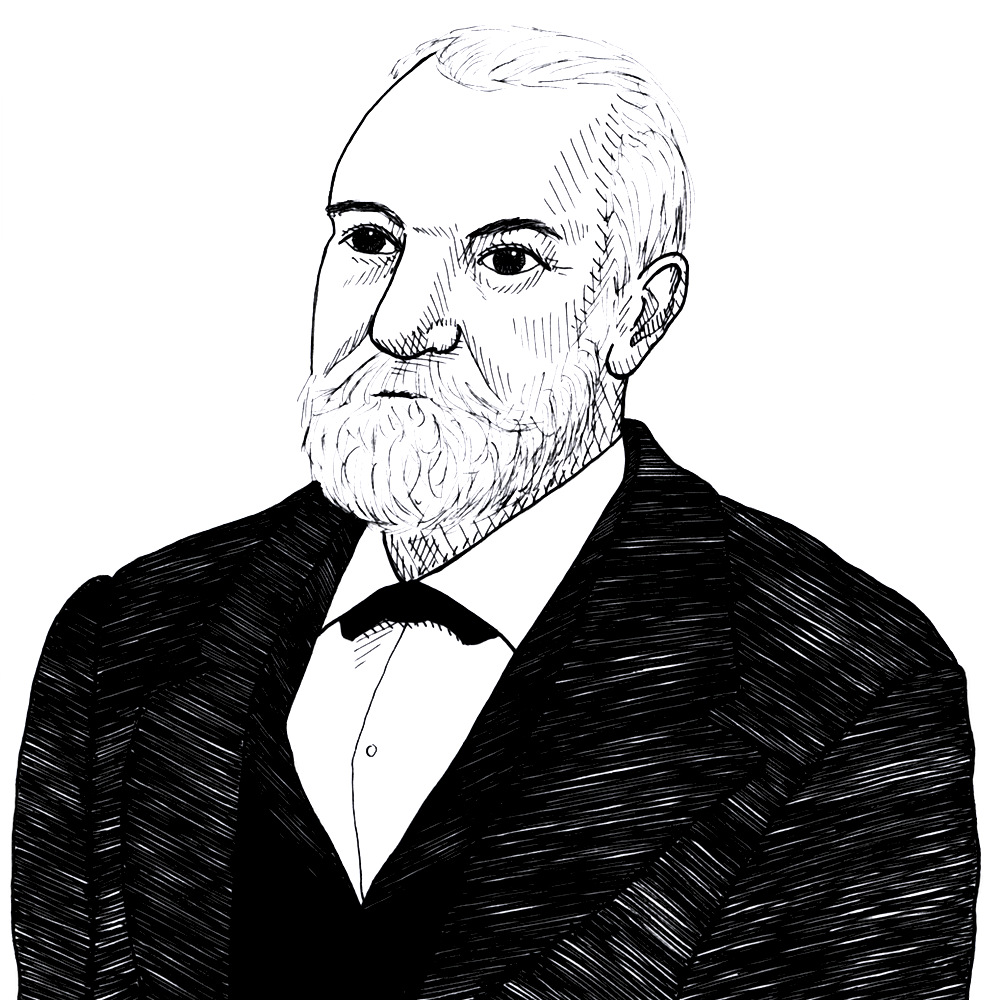
Yves Guyot on the violence and lawlessness inherent in socialism (1910)
Found in: Socialistic Fallacies
2010 is the 100th anniversary of the publication of Yves Guyot’s book on Socialistic Fallacies. In this work the French laissez-faire economist and politician Yves Guyot (1843-1928) points out the inherent lawlessness and violence in socialist policies and how they will lead inevitably to the coming to power of a new “Caesar”:
Socialism & Interventionism
Socialist policy is a permanent menace to the liberty and security of citizens, and cannot therefore be the policy of any government, the primary duty of which is to exact respect for internal and external security. If it fail therein, it dissolves and is replaced by anarchy; and inasmuch as everyone has a horror of that condition which betrays itself by the oppression of violent men, banded together solely by their appetites, an appeal is made to a strong government and to a man with a strong grip, and the risk is incurred of falling back into all the disgraces and disasters of Cæsarism.
There are three words which Socialism must erase from the facades of our public buildings—the three words of the Republican motto:—
Liberty, because Socialism is a rule of tyranny and of police.
Equality, because it is a rule of class.
Fraternity, because its policy is that of the class war.